Effingham (EFG) isn’t just a dot on the map; it’s a vital hub where connectivity thrives. often called the Book Amtrak From Effingham, Amtrak Station – Simply Call +1(877) 237 1001 For businesses and travelers alike, understanding the intricate workings of EFG’s railway and airport operations is paramount for seamless journeys and efficient logistics. This guide aims to demystify these crucial components, offering a comprehensive overview of what you need to know.
Effingham (EFG): The Gateway to Connectivity [Book Amtrak From Effingham]
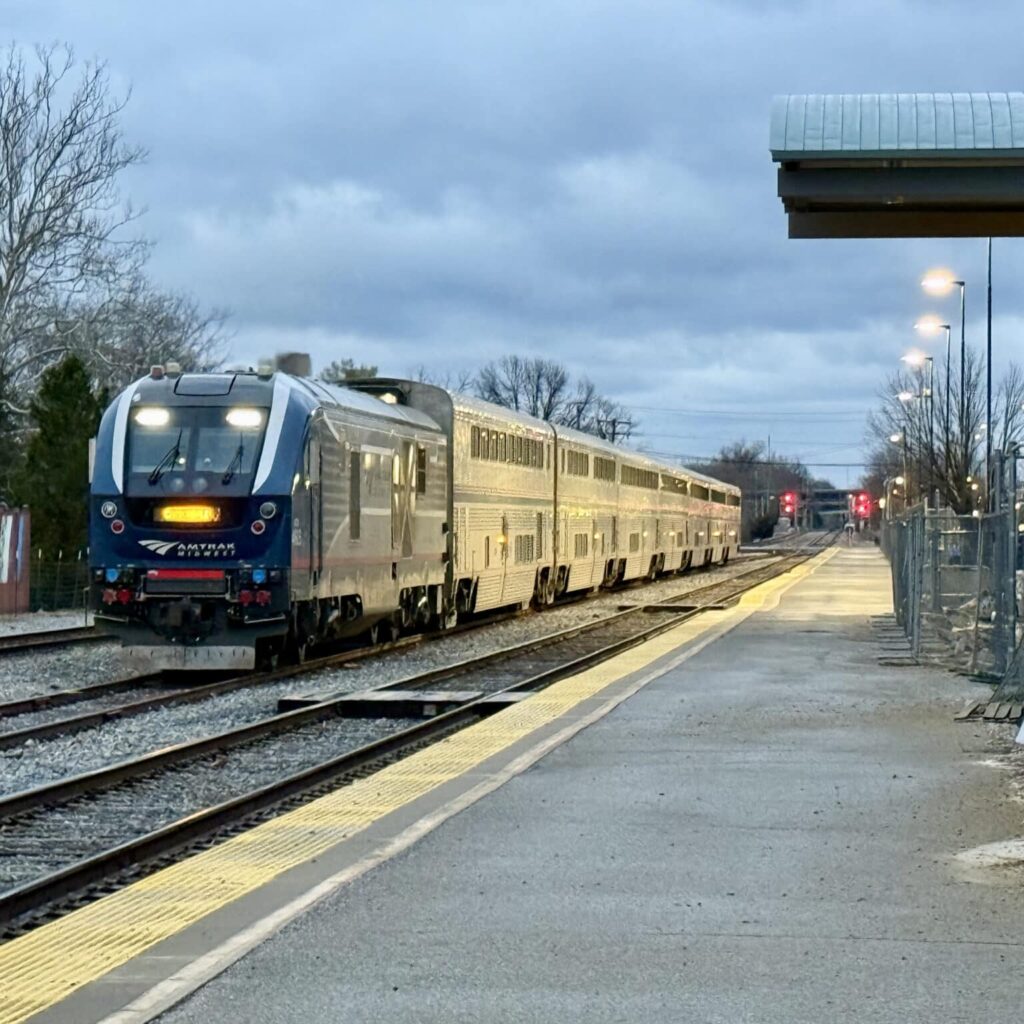
Book Amtrak From Effingham | Call +1(877) 237 1001 OTA
Before diving into the specifics, let’s establish EFG’s role. While EFG itself might refer to a specific geographical location or a code within a larger system, for the purpose of this guide, we’ll consider it as a central node that facilitates both air and rail travel. Its strategic positioning likely makes it a key point for regional and potentially international movement.
The Pulse of the Rails: Effingham’s Railway Operations [Book Amtrak From Effingham]
Effingham’s railway network is the backbone of its ground transportation, connecting it to surrounding cities, industrial centers, and other major transit points. Whether you’re a daily commuter, a freight manager, or someone planning a scenic train journey, understanding the railway operations is key.
Key Aspects of EFG Railway Operations:
- Passenger Services: EFG serves as a critical station for various passenger train lines. This includes commuter services, intercity routes, and potentially long-distance express trains.
- High-Speed Rail (if applicable): If EFG is a hub for high-speed lines, this significantly impacts travel times and accessibility to distant locations.
- Commuter Lines: Essential for daily travel for residents working in and around Effingham.
- Regional and Intercity Services: Connecting EFG to neighboring towns and larger metropolitan areas.
- Freight and Logistics: The railway is instrumental in moving goods efficiently. EFG likely has dedicated freight yards and terminals.
- Cargo Handling: Efficient loading and unloading of various types of cargo.
- Intermodal Connections: Seamless transfer of goods between rail, road, and potentially air.
- Specialized Cargo: Handling of bulk goods, hazardous materials, and temperature-controlled shipments.
- Infrastructure and Maintenance: The smooth operation of the railway network relies on robust infrastructure.
- Track Maintenance: Regular upkeep of tracks, signals, and overhead lines.
- Station Facilities: Passenger amenities, ticketing counters, waiting areas, and accessibility features.
- Signaling Systems: Advanced systems ensuring safety and efficient train movement.
Table 1: EFG Railway Passenger Service Overview
| Service Type | Frequency (Typical) | Major Destinations Served | Key Features |
|---|---|---|---|
| Commuter Rail | Every 15-30 mins | Local towns, city center | Peak hour reliability, affordable fares |
| Intercity Express | 3-5 times daily | Major regional cities | Faster travel, fewer stops |
| Long-Distance Rail | 1-2 times daily | National network | Sleeper cabins, dining cars, scenic routes |
| Freight Services | Continuous | Industrial parks, ports | Bulk transport, containerized cargo |
Navigating EFG Railway:
- Ticketing: Purchase tickets online, at station kiosks, or from ticket offices. Consider season passes for frequent commuters.
- Timetables: Always check the latest timetables for departures and arrivals, as they can be subject to change.
- Station Information: Familiarize yourself with EFG station layouts, platform numbers, and departure boards.
- Luggage: Be aware of luggage restrictions and guidelines, especially for longer journeys Book Amtrak From Effingham.
Taking Flight: Effingham’s Airport Operations (EFG) Book Amtrak From Effingham
Effingham’s airport (EFG) serves as a crucial gateway for air travel, facilitating both domestic and international flights. Its operational efficiency directly impacts passenger experience and the flow of air cargo.
Key Aspects of EFG Airport Operations:
- Passenger Terminals: Efficiently designed terminals are vital for a smooth passenger experience.
- Check-in and Security: Streamlined processes to minimize wait times.
- Boarding Gates: Well-organized gates for timely boarding.
- Amenities: Retail outlets, restaurants, lounges, and baggage claim services.
- Accessibility: Facilities for passengers with disabilities.
- Airlines and Routes: EFG hosts a variety of airlines operating diverse routes.
- Domestic Flights: Connecting EFG to cities across the country.
- International Flights: Serving key global destinations.
- Charter Flights: For specific events or group travel.
- Air Traffic Control (ATC): The paramount element for flight safety and efficiency.
- Take-off and Landing Management: Orchestrating the movement of aircraft in the airspace.
- Ground Control: Managing aircraft movements on the tarmac and taxiways.
- Weather Monitoring: Adapting operations to prevailing weather conditions.
- Cargo and Logistics: EFG airport plays a significant role in air freight.
- Cargo Terminals: Dedicated facilities for handling and processing air cargo.
- Express Delivery Services: Facilitating rapid movement of goods.
- Customs and Border Control: Essential for international cargo clearance.
- Airport Infrastructure and Maintenance: Maintaining the airport’s operational readiness.
- Runway and Taxiway Maintenance: Ensuring safe aircraft operations.
- Airfield Lighting: Crucial for night operations and low visibility.
- Ground Support Equipment (GSE): Essential for aircraft servicing.
Table 2: EFG Airport Key Information
| Feature | Details |
|---|---|
| Airport Code | EFG |
| Primary Use | Passenger and Cargo Flights |
| Number of Terminals | (Specify number, e.g., 2) |
| Major Airlines | (List a few prominent airlines operating at EFG) |
| Key Destinations | (List some major domestic and international routes) |
| Busiest Periods | (e.g., Holiday seasons, weekday mornings/evenings) |
| Ground Transportation | Taxi, Ride-sharing, Bus, Car Rental, On-site Parking |
Navigating EFG Airport:
- Flight Status: Check your flight status online or through airline apps before heading to the airport.
- Arrivals and Departures: Familiarize yourself with the terminal layout for arrivals and departures.
- Security Screening: Be prepared for security checks. Follow guidelines for liquids, electronics, and prohibited items.
- Baggage: Understand airline baggage allowances and check-in procedures.
- Transportation to/from Airport: Plan your onward travel from the airport in advance.
The Synergy: How Railway and Airport Operations Interconnect at EFG [Book Amtrak From Effingham]
The true strength of Effingham (EFG) lies in the seamless integration of its railway and airport operations. This synergy creates an efficient multimodal transport hub.
- Intermodal Connectivity: Passengers arriving by train can easily connect to flights, and vice versa. Dedicated shuttle services or direct walkways might link the railway station and the airport terminal.
- Cargo Integration: Freight transported by rail can be efficiently transferred to the airport for air cargo, and goods arriving by air can be seamlessly loaded onto trains for distribution. This reduces transit times and costs.
- Passenger Convenience: For travelers using both modes, the proximity and integration of services minimize hassle and travel time. Imagine arriving by train and being able to walk directly to your flight check-in within minutes.
- Economic Impact: This integrated approach boosts the local economy by facilitating business travel, tourism, and the efficient movement of goods, making EFG an attractive location for businesses.
Conclusion: Embracing Effingham’s Connectivity
Book Amtrak From Effingham (EFG), with its robust railway and airport operations, stands as a testament to efficient connectivity. By understanding the nuances of both its rail and air infrastructure, travelers and businesses can leverage its strategic advantages to their fullest. Whether you’re embarking on a cross-country journey by train or flying to an international destination, EFG is designed to make your transit as smooth and efficient as possible. Keep this guide handy, and navigate the nexus of Effingham with confidence!
Amtrak Effingham | Book Amtrak From Effingham | Amtrak Effingham Booking Number | Amtrak Booking Number Effingham
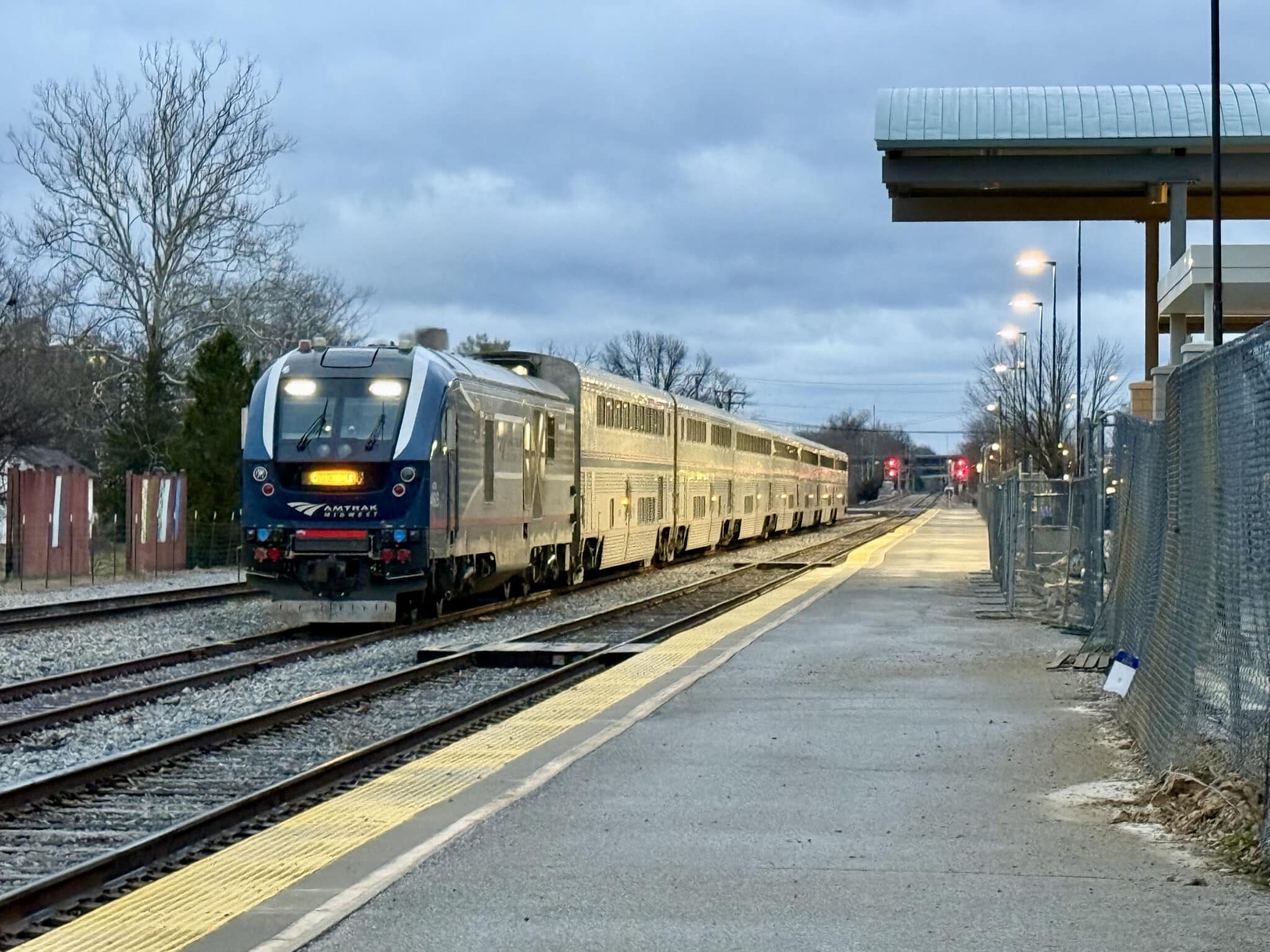


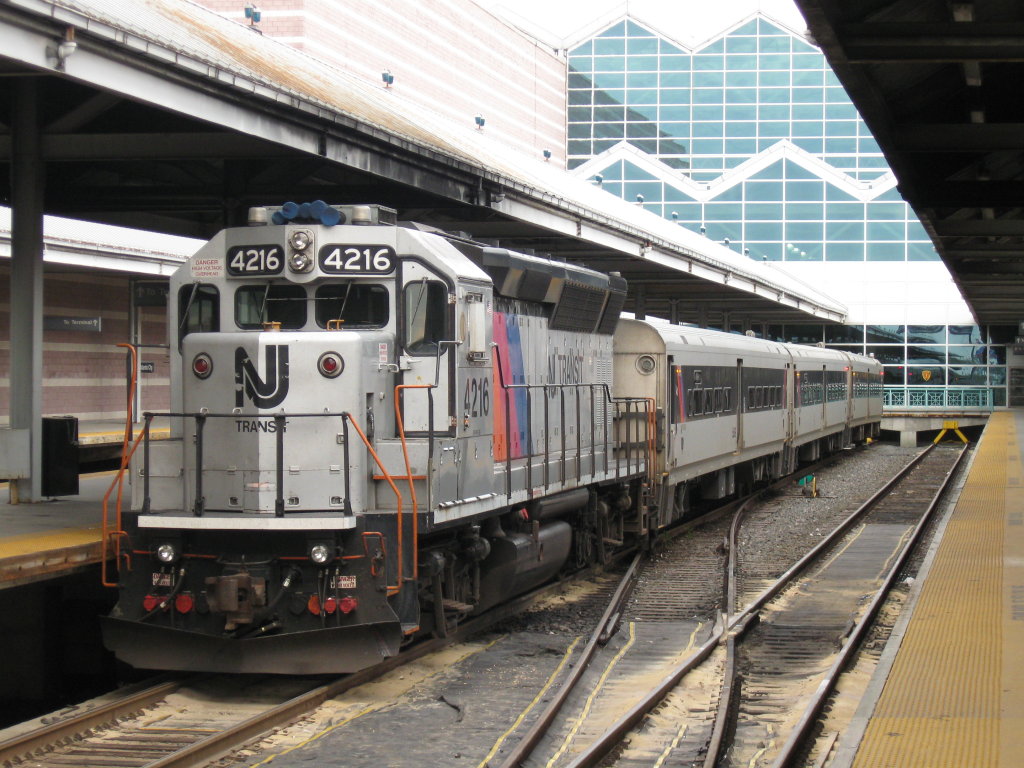
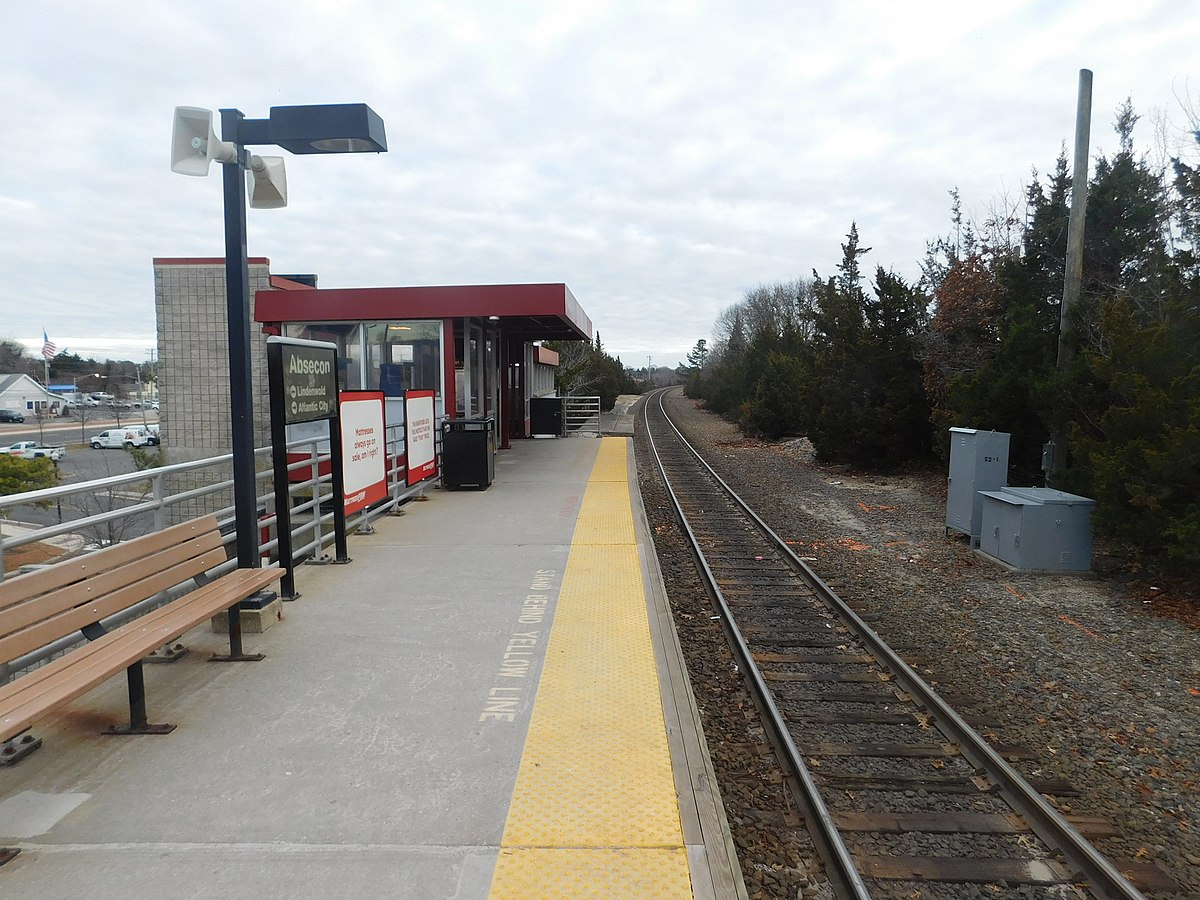


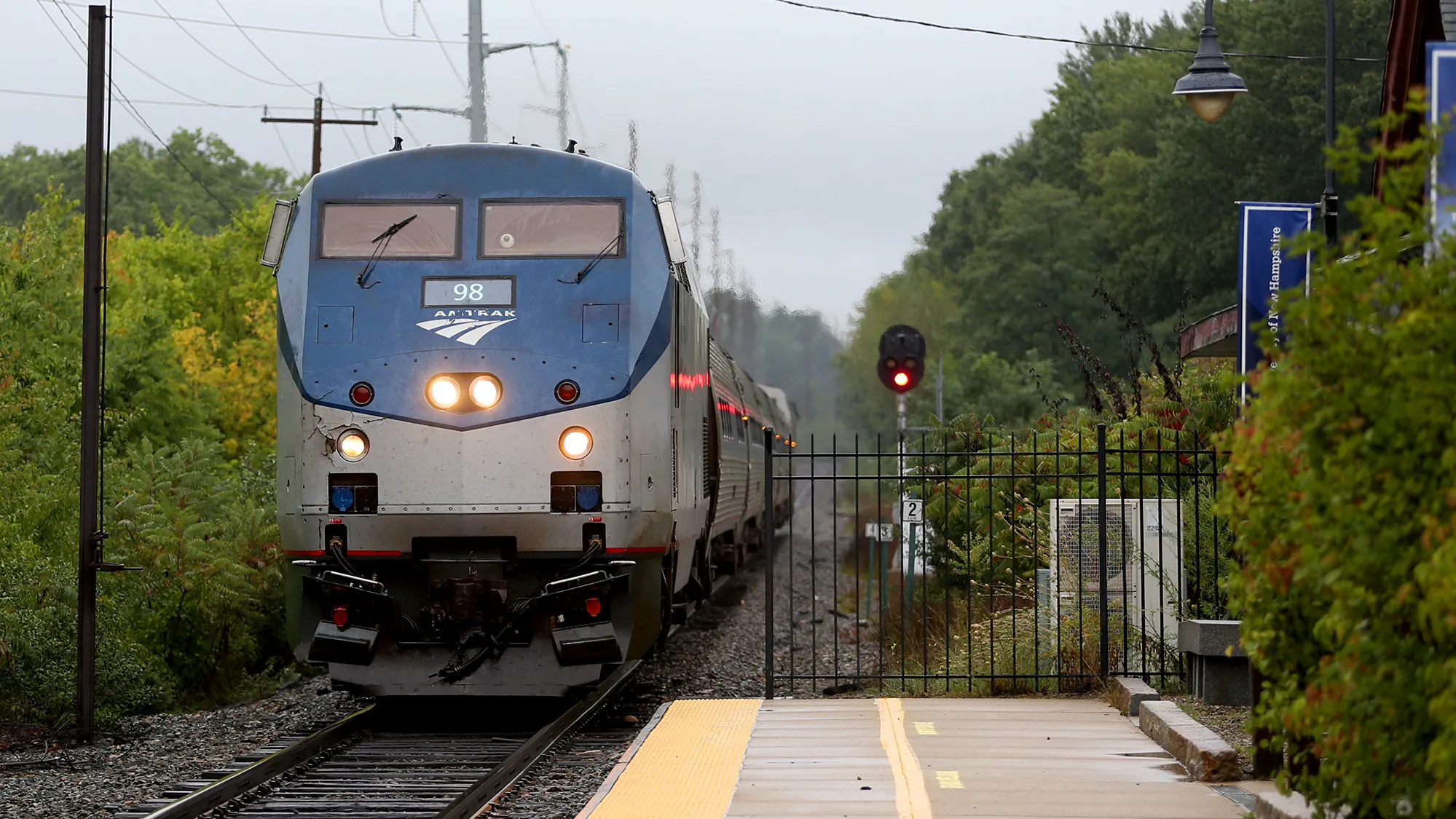
Leave a Reply